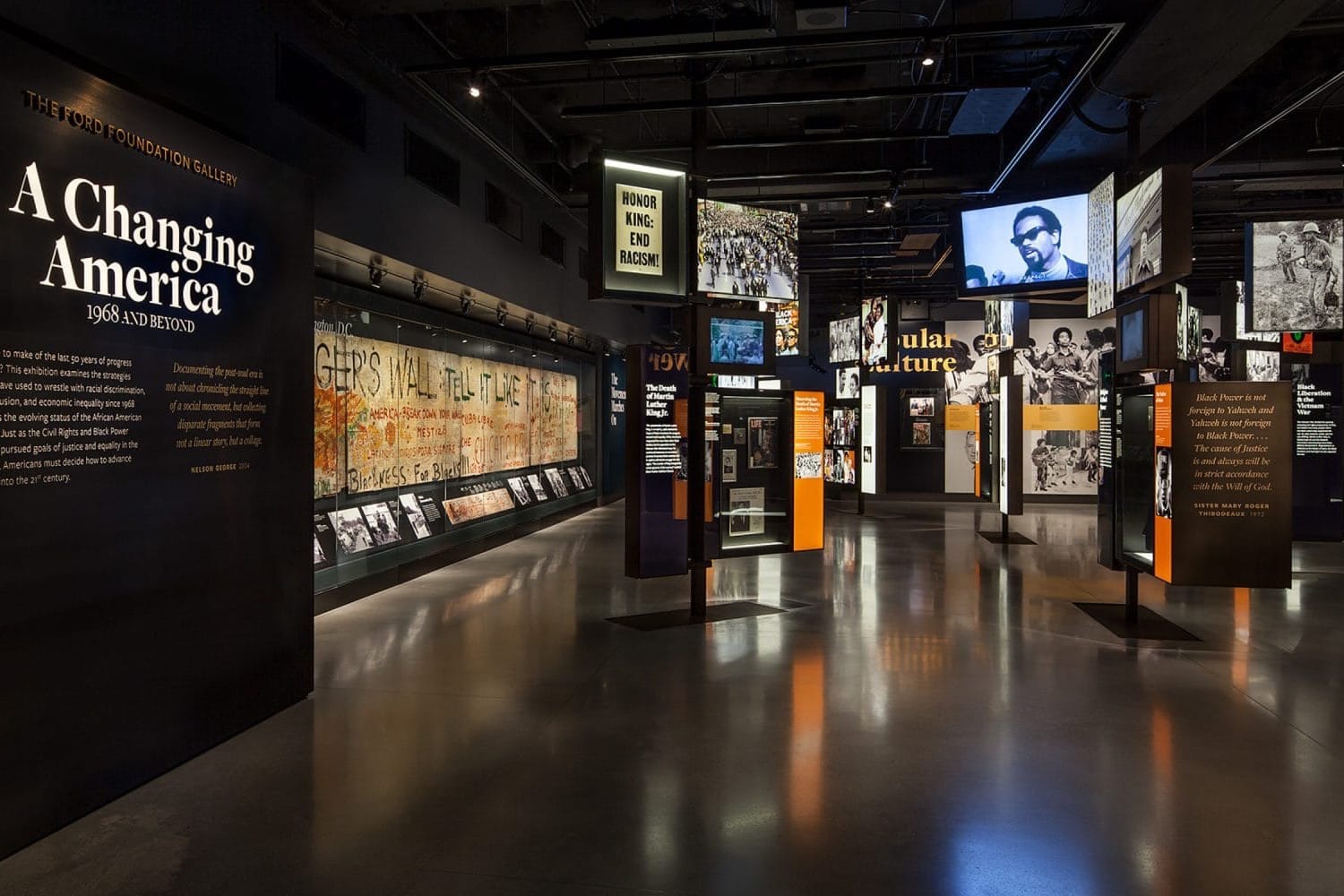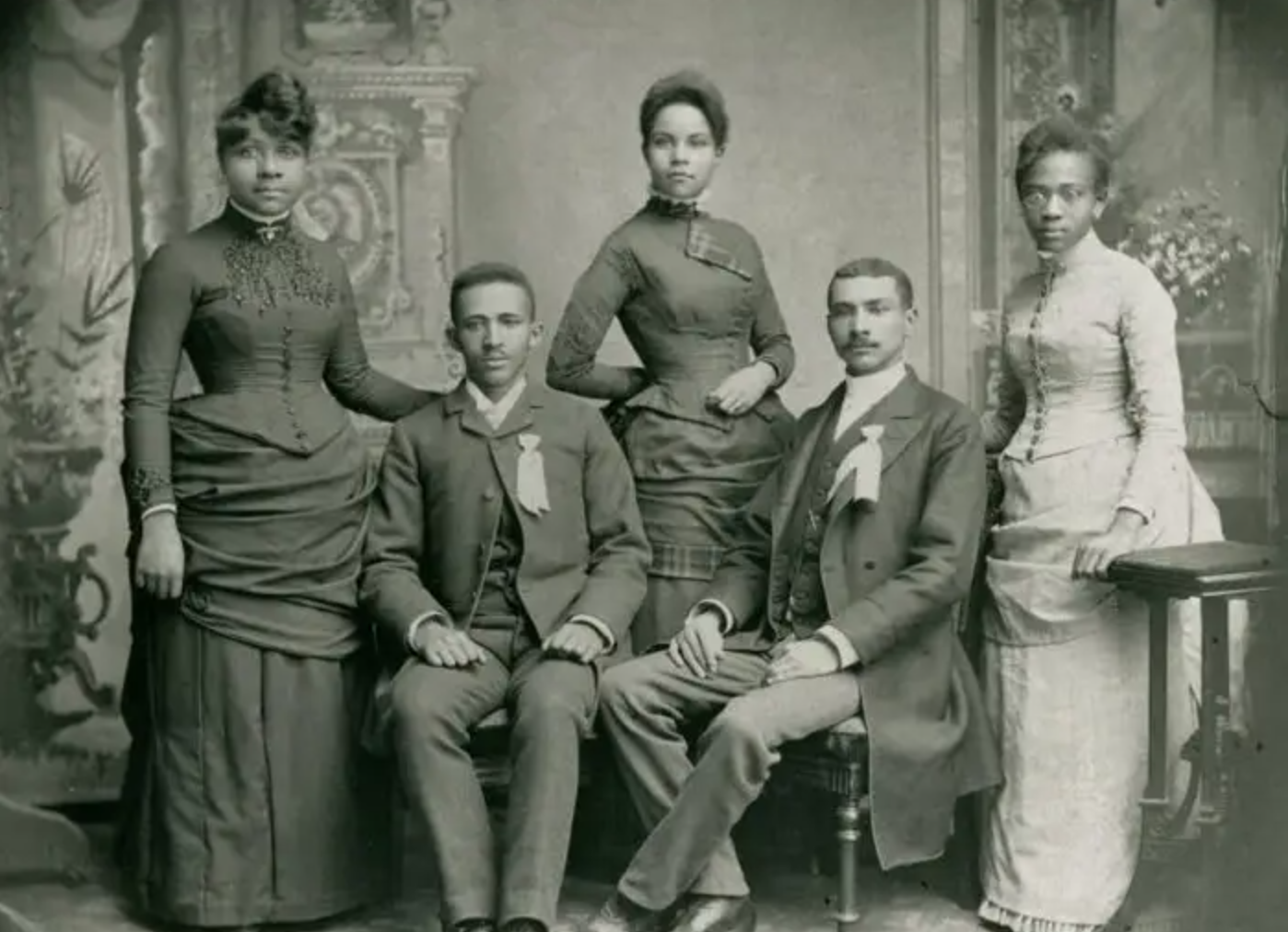Black History Month is all about celebrating Black people, Black culture and Black achievements and contributions to society. However, we can’t do this without a proper appreciation for Black history, which informs much of the Black experience today. Museums have always provided an excellent space to expand our minds and connect with this history. They are important repositories that hold and preserve our past.
Black history museums began to exist around the mid 20th century, as a response to the lack of inclusion of Black Americans in existing museums. Today, the database of the Association of African American Museums lists over 300 sites, including museums, archives, libraries, galleries and cultural centres, that are dedicated to teaching about the richness of Black culture and the history and contributions of African Americans. From Washington, Seattle to Washington, D.C., these sites exist all cross the U.S., we’re highlighting some that you should visit this month and beyond!
The Smithsonian's National Museum of African American History and Culture, Washington, D.C.
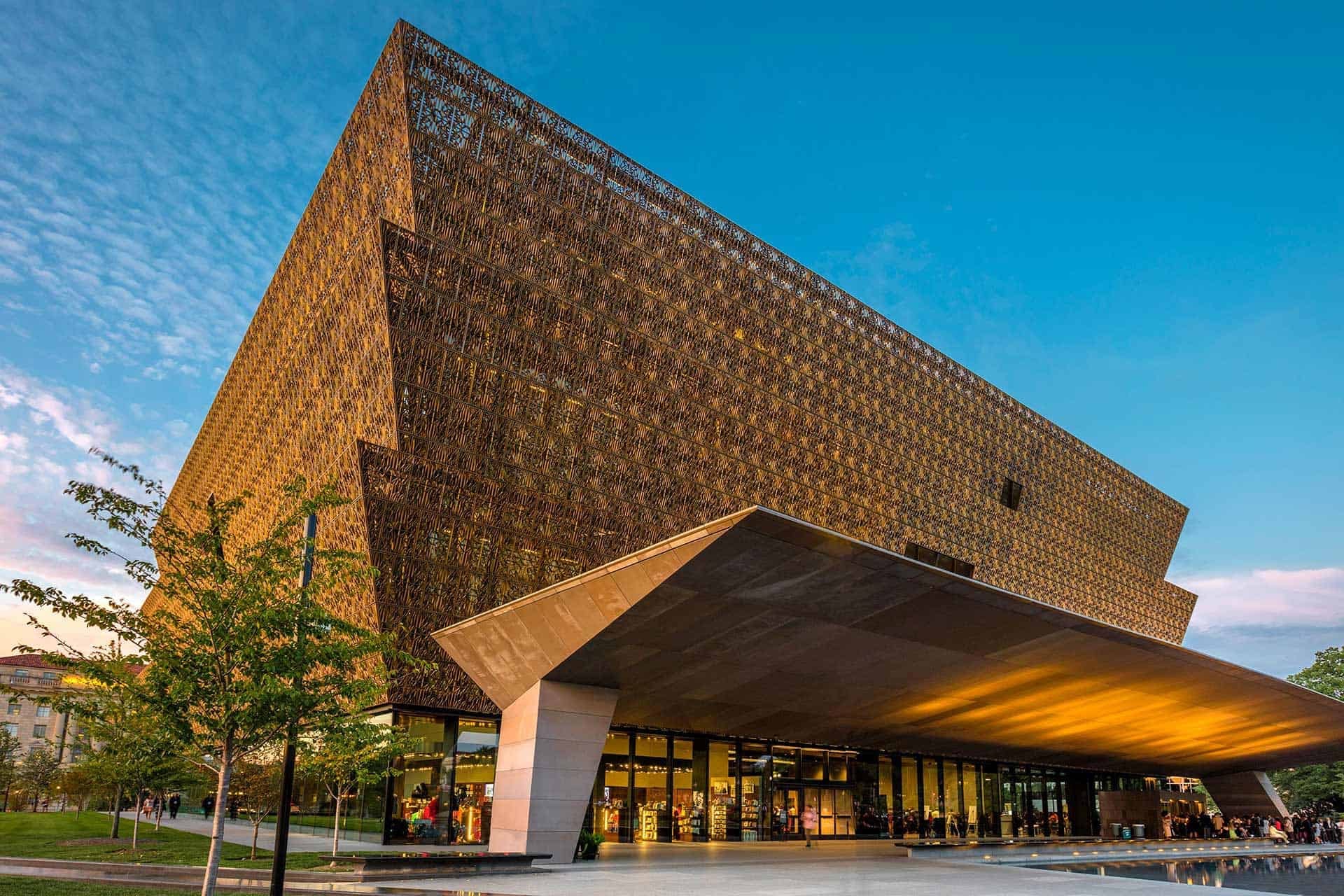
Spanning 400,000-square-feet, this museum is the largest and most comprehensive site devoted exclusively to showcasing and documenting African Americans and their impact. Some of the highlights include Harriett Tubman’s hymnal, the Guard Tower from Angola Prison, and a plantation cabin from South Carolina. To visit, free timed-entry passes are required and can be reserved up to 30 days in advance.
Whitney Plantation, Louisiana
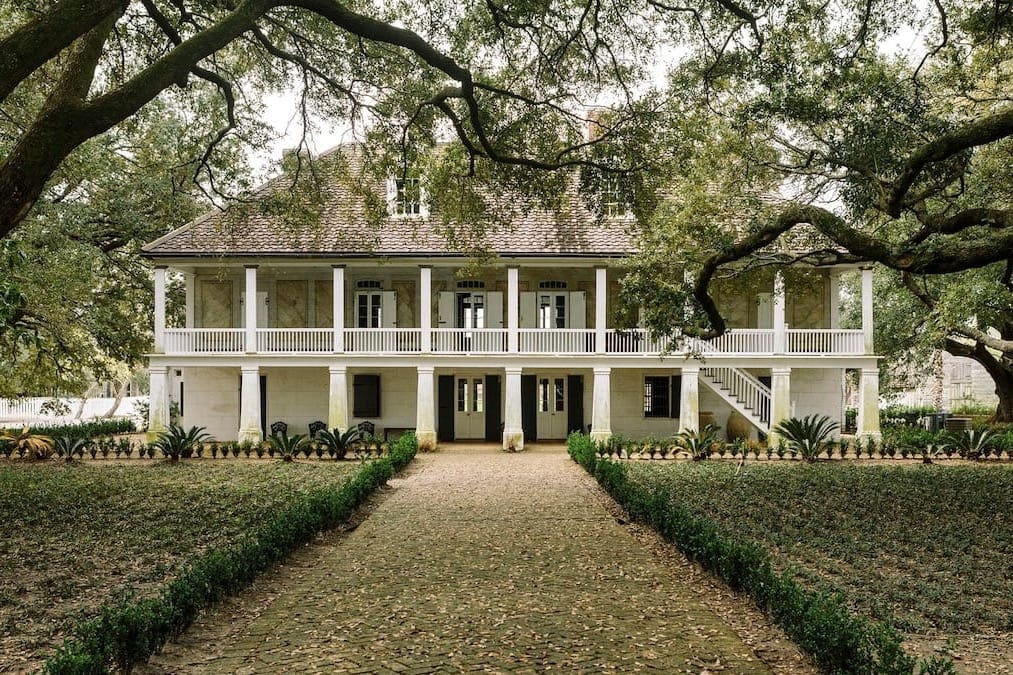
The Whitney Plantation is situated on a historical sugar, indigo and rice plantation that operated between 1752 and 1975. It tells the history of slavery and preserves a number of historical structures. Visitors have the option of a self-guided tour ($25 for adults) through the grounds, or a guided tour ($32 for adults) available at different times throughout the day.
Greenwood Rising Black Wall St. History Center, Tulsa, Oklahoma

Dedicated to raising awareness about the Tulsa Race Massacre, this museum tells the story of Tulsa’s Historic Greenwood District, which was recognized as one of the wealthiest African American neighborhoods before its destruction during the Massacre in May 1921. Known as America’s Black Wall Street, it was a thriving community. Timed entry tickets ranging between $8 and $15 are required; however, children ages 6 and under and direct descendants have free access to the museum.
Martin Luther King, Jr. National Historical Park, Georgia
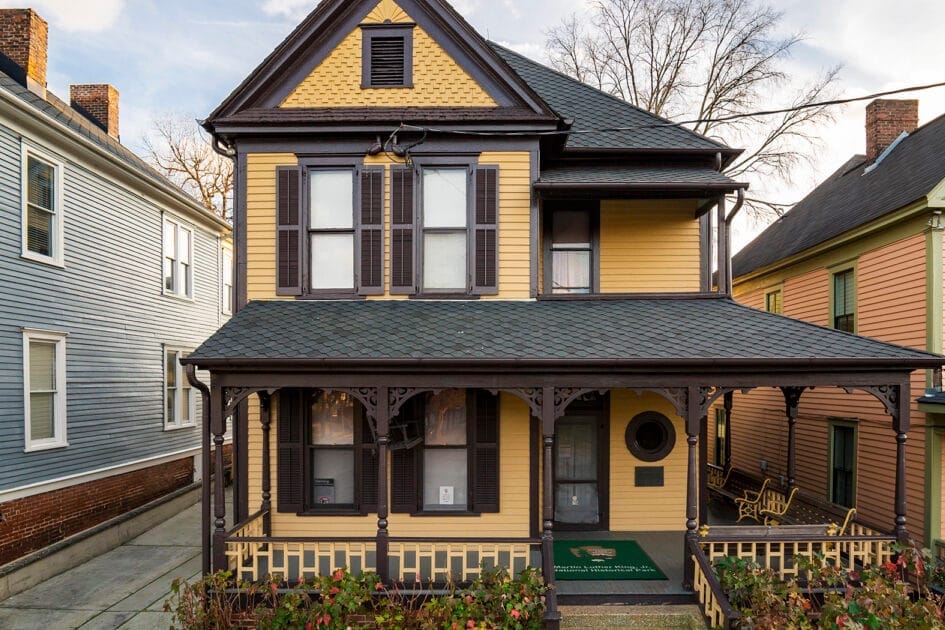
This 35-acre area of land preserves some of the most formative sites of Dr. King’s life, including his childhood home at 501 Auburn Ave, the Ebenezer Baptist Church, where he was baptized and ordained, and the grave sites of Dr. King and his wife and fellow civil rights activist, Coretta Scott King. Visitors interested in learning about Dr. King’s legacy and walking his footsteps can do so for free and without an entrance pass.
Charles H. Wright Museum of African American History, Detroit, Michigan
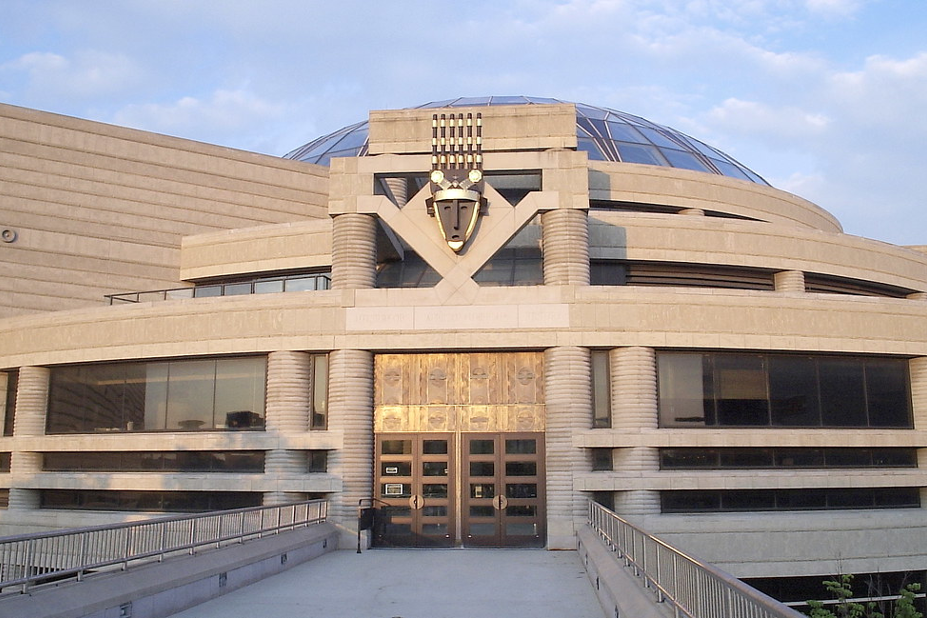
The Charles H. Wright Museum is dedicated to expanding knowledge through the “exploration and celebration of African American history and culture.” It is home to the National Museum of the Tuskegee Airmen, and has a collection of 35,000 artifacts, including Underground Railroad documents. Admission rates for non-members are generally between $15 to $30.
Buffalo Soldiers National Museum, Houston, Texas
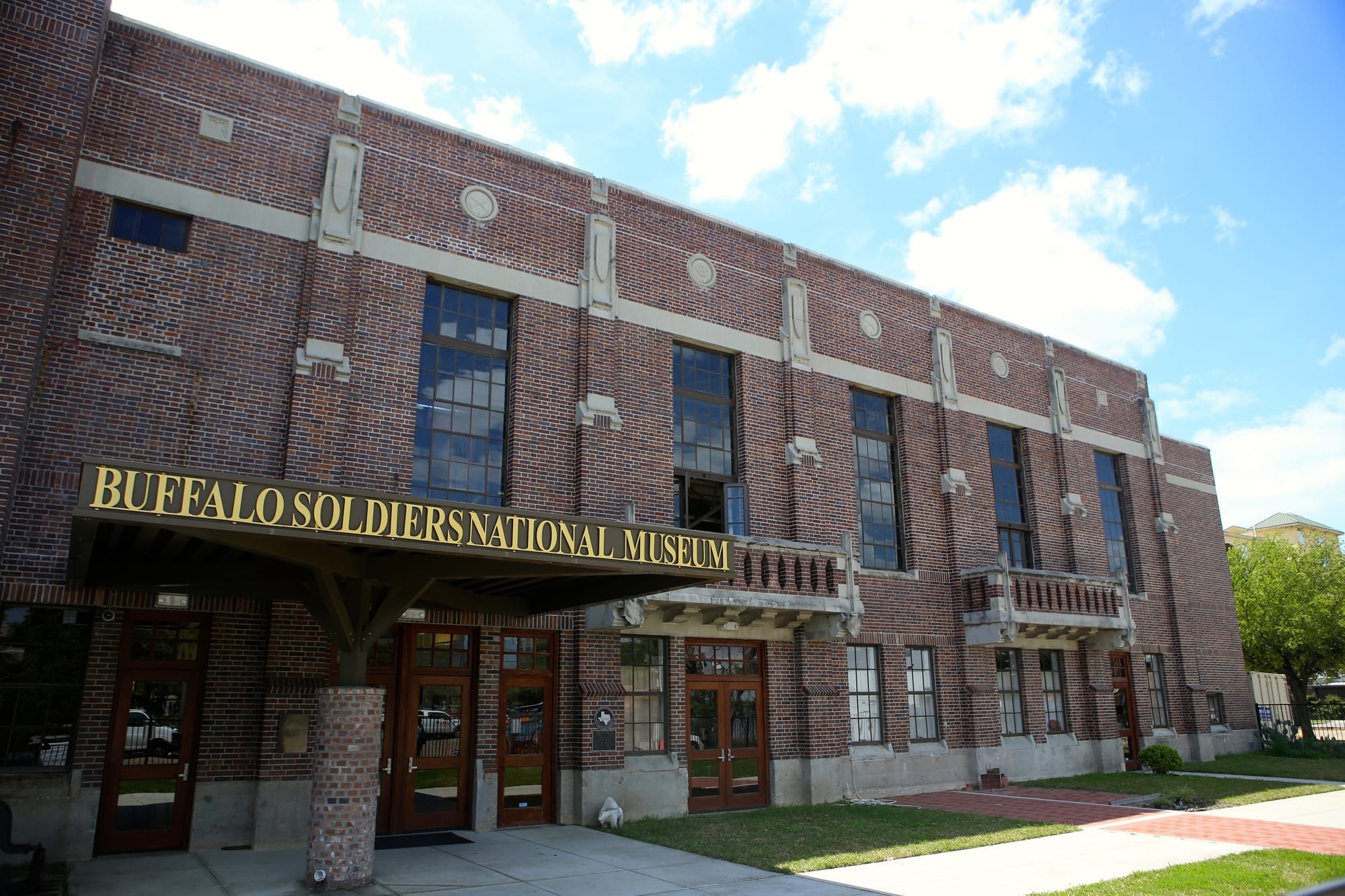
This museum highlights the history, stories and contributions of African American men and women from all branches of the military by way of “performing and visual arts, educational programming, and exhibitions”. Admission ranges between $5 and $10, with free admission on Thursdays from 1-5pm.
National Civil Rights Museum at the Lorraine Motel, Memphis, Tennessee
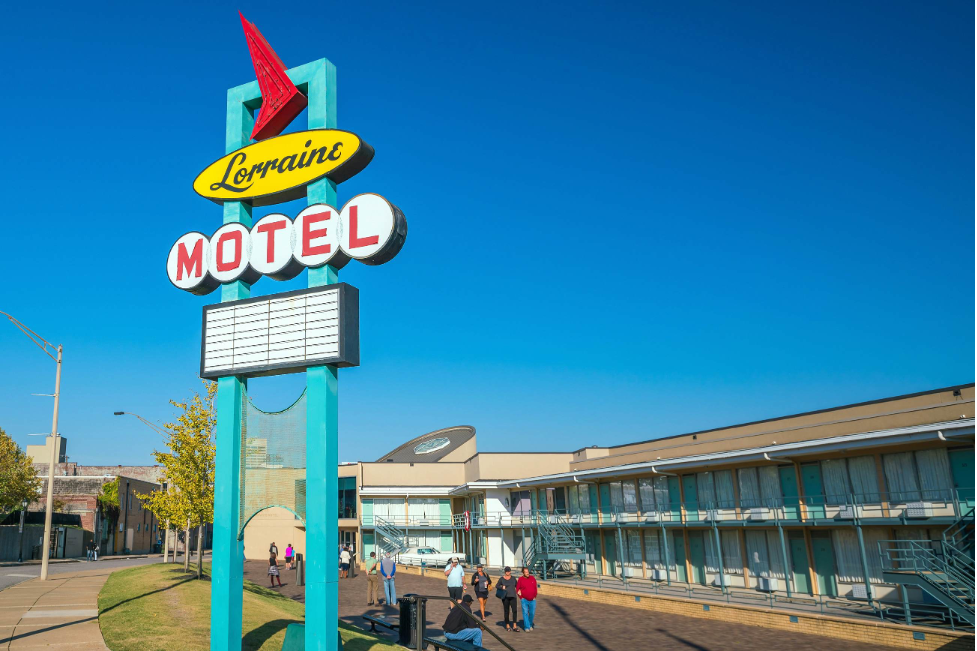
Committed to exploring the history of the Civil Rights Movement, the National Civil Rights Museum highlights how the Civil Rights era has shaped the world today. Located at the former Lorraine Motel, where Dr. Martin Luther King Jr. was assassinated, the museum offers interactive exhibits and gives visitors a chance to journey through time. Timed entry tickets can be purchased from $17.
DuSable Black History Museum and Education Center, Chicago, Illinois
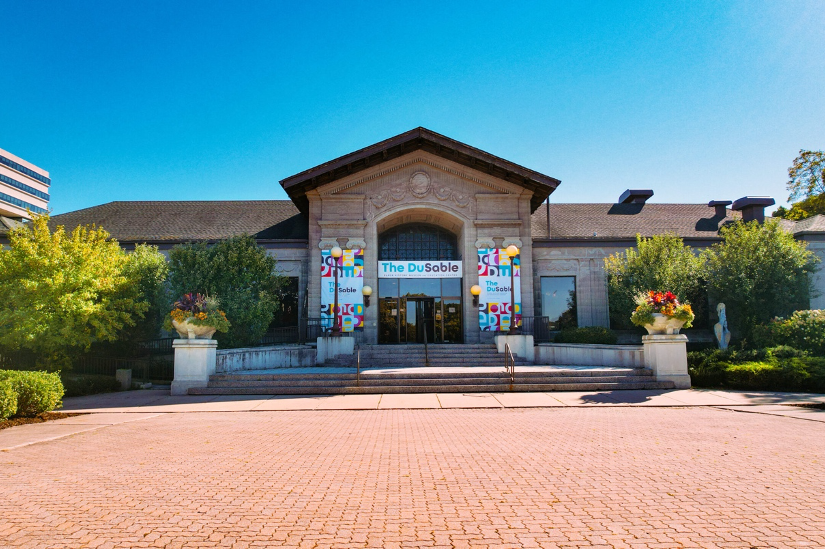
Home to 15,000 pieces, including paintings, sculptures and historical memorabilia, this community institution is committed to collecting, documenting, preserving and disseminating the history and culture of Africans and African Americans. Open Wednesday through Sunday, general admission tickets can be purchased directly on the website.
Schomburg Center for Research and Black Culture, Harlem, New York

The Schomburg Center is an archive repository and one of the leading cultural institutions devoted to the research, preservation and exhibition of materials pertaining to experiences of African American, African and African Diaspora. It remains integral to the Harlem community and is free to visit.
Reginald F. Lewis Museum of Maryland African American History and Culture, Baltimore, Maryland
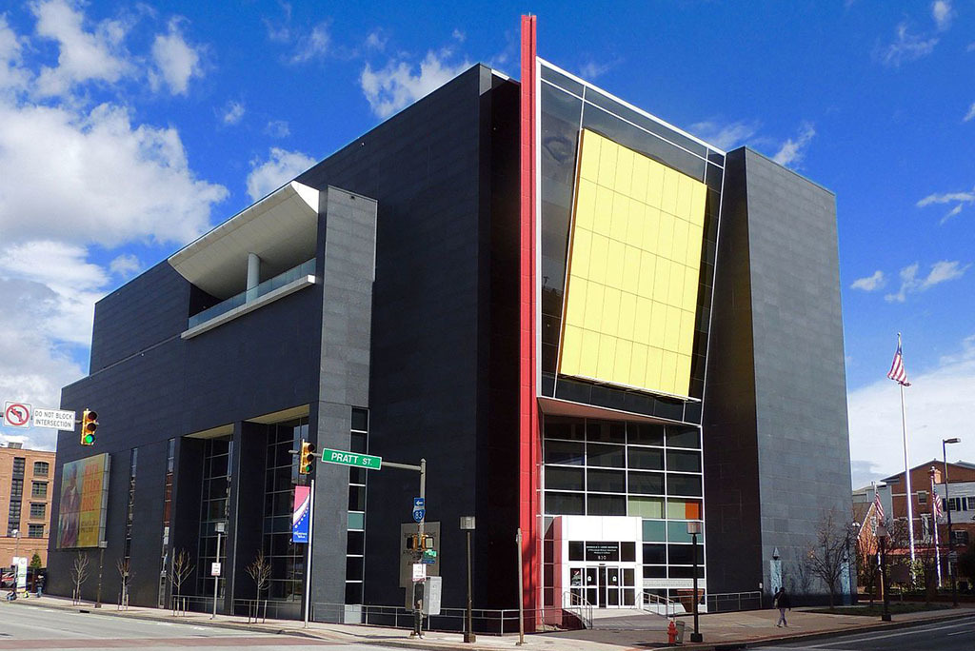
A Smithsonian Affiliate, the Reginald F. Lewis Museum houses over 11,000 objects that document and preserve the experiences, contributions and culture of Black people. Spanning 82,000-square-feet, this facility features various exhibitions that aim to bridge the gap between past and present. Admission generally ranges from $9-$12 for adults.
Northwest African American Museum, Seattle, Washington
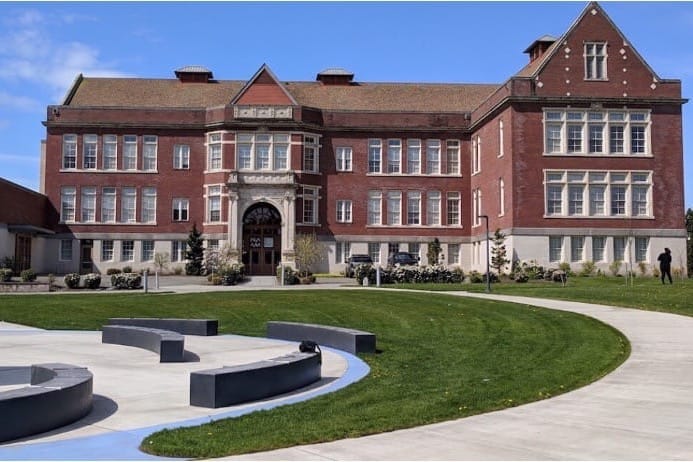
This Museum explores and preserves the connections between the Pacific Northwest and people of African descent, and also shines a light on the experience of African Americans in the U.S. Leveraging Black history, art and culture as a starting point, the Northwest African American Museum empowers and informs visitors about the past. Admission is $5 for youth 18 and under and $10 for adult.
